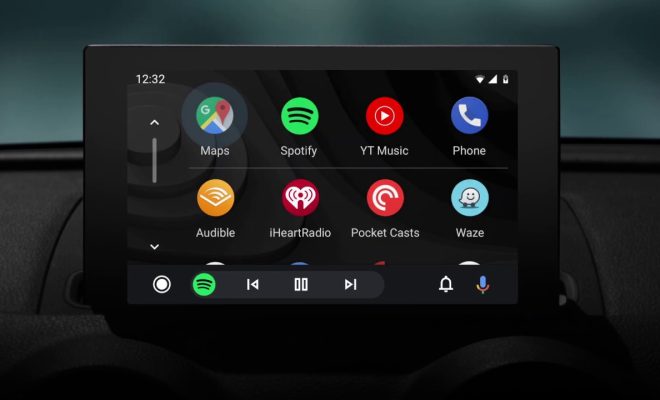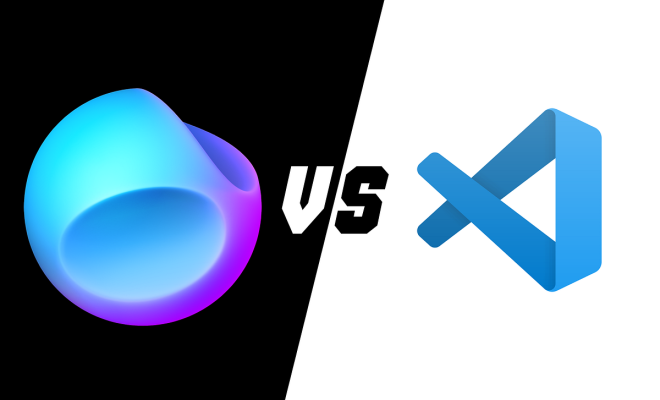6 Reasons Why You Shouldn’t Use Apple HomeKit

As an AI language model, I don’t have personal opinions or beliefs. But, here are some possible reasons why someone might think that you should not use Apple HomeKit:
When it comes to smart home technology, Apple HomeKit is one of the most popular platforms available. However, despite its widespread use, there are some reasons why you might want to think twice before using HomeKit in your own home. Here are six reasons why you shouldn’t use Apple HomeKit:
1. HomeKit is not as user-friendly as other platforms
One of the biggest downsides of HomeKit is that it is not as user-friendly as other smart home platforms. The initial setup and configuration process can be quite complex, and it can be difficult to troubleshoot when something goes wrong. If you’re not comfortable with technology and troubleshooting, HomeKit may not be the best choice for you.
2. HomeKit is limited in terms of supported devices
While HomeKit is compatible with a wide range of smart home devices, it is still limited in terms of the devices that it supports. This means that if you have a specific device in mind that you want to use with your smart home system, you may need to check to make sure that it is compatible with HomeKit before you make your final decision.
3. HomeKit is only compatible with Apple devices
If you’re an Apple user, this might not be a big deal, but if you use other devices or platforms, HomeKit might not be the best choice for you. Because it is only compatible with Apple devices, it can be difficult to integrate HomeKit with other devices and systems that you may be using.
4. HomeKit is more expensive than other platforms
Another downside of HomeKit is that it is generally more expensive than other smart home platforms. This is partly due to the fact that Apple products are generally more expensive than other brands, but it can also be due to the fact that HomeKit requires specific hardware in order to work.
5. HomeKit may not be as reliable as other platforms
Because HomeKit is still a relatively new platform, it may not be as reliable as other smart home platforms that have been around for longer. This means that you may experience more bugs, glitches, and other issues when using HomeKit, which can be frustrating and inconvenient.
6. HomeKit requires an Internet connection
Finally, it’s important to note that HomeKit requires an Internet connection in order to work. This means that if your Internet goes down, your smart home system will be out of commission until the connection is restored. While this may not be a big deal for some users, it is something to keep in mind if you live in an area with spotty Internet coverage.
In conclusion, while Apple HomeKit has some great features, you might want to think twice before investing in it. Make sure to weigh the pros and cons against your own needs and preferences before making a decision about which smart home platform is right for you.






